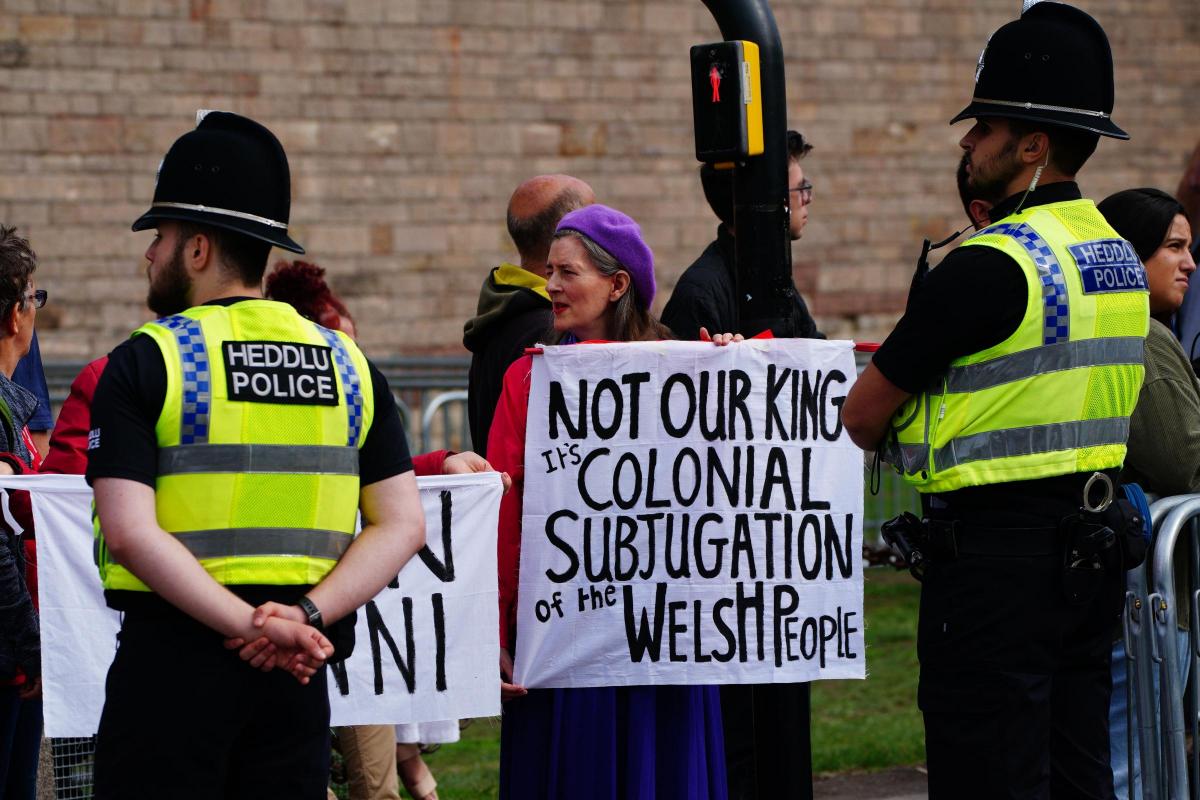UK: Police Criticised Over Arrest of Anti-Royal Protesters
Activists and civil liberties groups have criticized British police over the treatment of anti-royal protesters following the death of Queen Elizabeth last Thursday, citing concerns over free speech.

Facts
- Activists and civil liberties groups have criticized British police over the treatment of anti-royal protesters following the death of Queen Elizabeth last Thursday, citing concerns over free speech.
- Authorities have arrested people for shouting messages critical of the Crown, heckling royals, and carrying anti-monarchist signs. In one case, a person was arrested for holding up a blank sheet of paper. The crackdown on such demonstrations has prompted some backlash and debate over the status of freedom of speech in the UK.
- Police are entitled to arrest civilians under the 1986 UK Public Order Law if they are judged to be guilty of causing "harassment, alarm or distress" through "threatening words or behavior, or disorderly behavior," which can include the holding of signs.
- In April this year, the UK's Police, Crime, Sentencing and Courts Act became law, expanding police powers to decide what types of protests are deemed acceptable or unacceptable by the state. Amnesty International described the new legislation as "deeply authoritarian."
- The UK does not have a specific law protecting the right to protest. However, it is a liberty enshrined in the rights to freedom of expression and the freedom of assembly in the European Convention on Human Rights, which is directly incorporated into UK law by the Human Rights Act.
- King Charles III's ascension to the throne is seen by anti-monarchists - or republicans, as they are known in the UK - as an opportunity to garner support for their cause. According to an Ipsos poll taken earlier this year, Queen Elizabeth II was significantly more popular than her son. Some Republicans believe the King's unfavorability may shift many peoples' opinions about the monarchy.
Sources: Al Jazeera, Washington Post, France24, Devon Live, Guardian, and Buzzfeed.
Narratives
- Conservative narrative, as provided by Devon Live. Even the leader of the opposition has made clear that a period of national mourning is not the right time to raise grievances against the royal family. The right to protest is protected in the UK and acts as a keystone of its democracy but some of the heckling and protest that has gone on has only caused disruption, not contributed to pluralism.
- Progressive narrative, as provided by Euro News. It is very worrying to see the police enforcing their broad powers in such a heavy-handed and punitive way to clamp down on free speech and expression. The government is making it increasingly difficult for people to stand up for their beliefs. Protest is not a gift from the state - it is a fundamental right.






